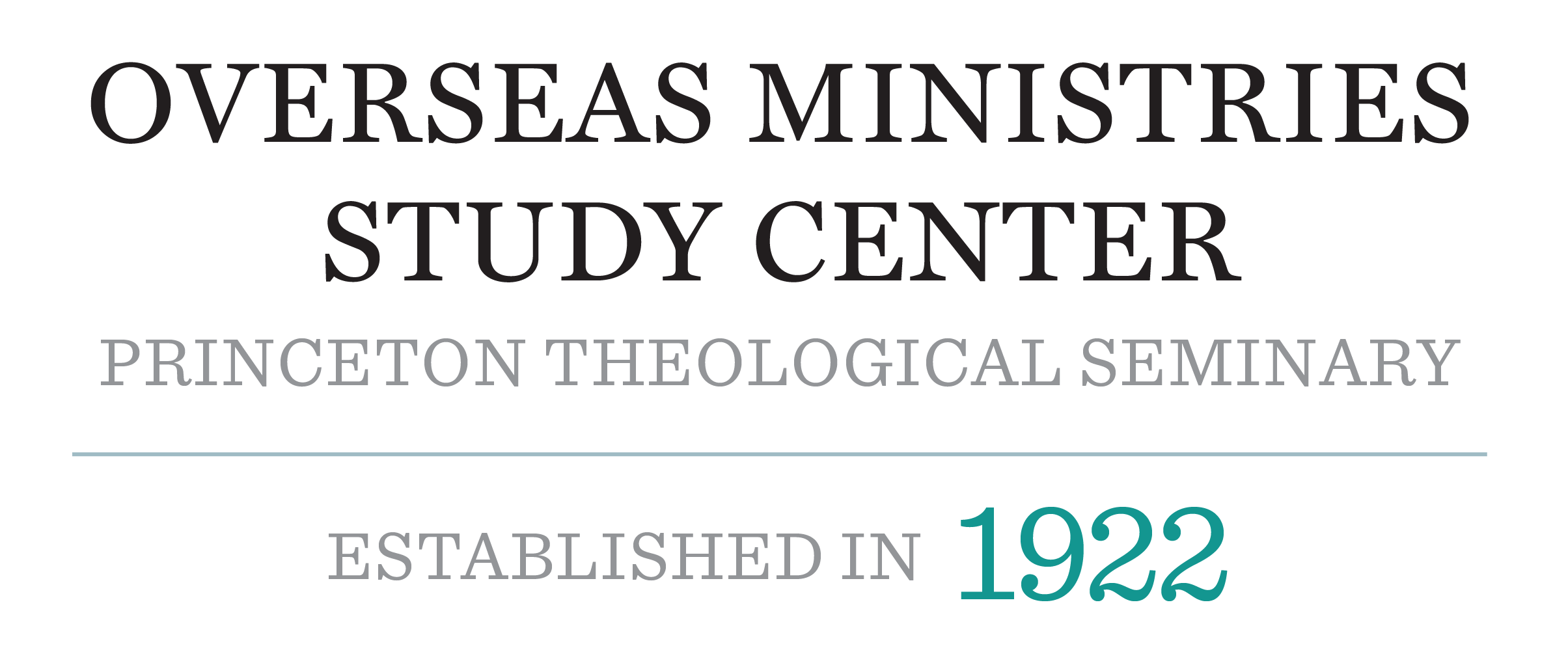By Todd Johnson – Co-Director – Center for the Study of Global Christianity
This post is part of The Occasional’s “Numbers and Trends” series, dedicated to sharing work, analysis, and perspectives from our friends and partners at the Center for the Study of Global Christianity based at Gordon-Conwell Theological Seminary.
Translatability is at the core of Christian history, theology, and experience; God became “translated” into human form in Jesus Christ. Christianity’s primary source documents are also in a language different from its founder: Koine Greek vs. Aramaic. Due to its translatability, Christianity could both honor and move out of its Jewish context and translate itself into endless cultural and linguistic forms. Christians, therefore, have never spoken just one language, represented just one ethnicity, or lived in just one place. This continues today, resulting in a vast amount of diversity within the faith. All peoples, languages and cultures have a unique contribution to make to World Christianity.

In 1900, 82% of the world’s Christian population lived in the Global North, meaning they spoke mainly European languages such as Russian, English, French, and German. Although these languages are still predominantly Christian, languages from the Global South are becoming largely Christian languages or have greater numbers of speakers who are Christians. In 1900 it would have seemed amazing that languages such as Igbo (Western Africa) and Zulu (Southern Africa) would become majority Christian languages, yet in 2020, they are. Today, 67% of world’s Christian population lives in the Global South and 73% of the global Christian population is represented by the top 50 languages, most in the Global South. New cities, peoples, and languages will increasingly represent Christianity as it continues its southward shift.
The shift of Christianity to the Global South is nowhere more apparent than in the rise of languages such as Spanish (Latin America), Portuguese (Brazil) and Chinese (now 5th in the number of Christians), while major European languages (German, French, Italian) decline. Christians are mother-tongue speakers of 82% of the world’s languages, compared with Muslims, the next highest, speaking 25% of the world’s languages. Tagalog, from the Philippines, is now the 7th largest language with the most Christian speakers, having recently passed Polish and German, and almost certainly will pass French soon. In languages 11–20 one finds Amharic (Ethiopia), Korean, Yoruba and Igbo (Nigeria), Cebuano (Philippines), and Tamil and Malayalam (India). Diversity is also indicated by in the sheer number of languages spoken by Christians.
The southern shift of Christianity also suggests that the languages of Christian worship will shift from North to South. Already by 1980 Spanish (primarily in its Latin American forms) was the leading language of church membership in the world. However, Christians in Africa, Asia, and Latin America worship in numerous other languages, partly represented by the list of the “Languages with the most Christians” below. The relatively new field of ethnodoxology – the interdisciplinary study of worship and its artistic expressions – is grappling with the increasing linguistic diversity of Christians. Much worship is still exported from North to South, and not the other way around.
In the same way, Northern and Western scholars, no longer at the demographic Christian center of gravity, should also recognize and seriously consider theology and biblical scholarship from non-English and non-European languages. Christians around the world are self-theologizing and reading the Bible through different cultures and languages. While the focus has been on translating Northern theology into languages of the South, there is a more urgent need for Christian scholarship in Southern languages to be translated into English, French, German, Italian, and other languages of the Global North.
Language and translation express the heart of the Christian message and cross-pollination in theology, biblical studies, and worship is the path to a truly global Christianity.



